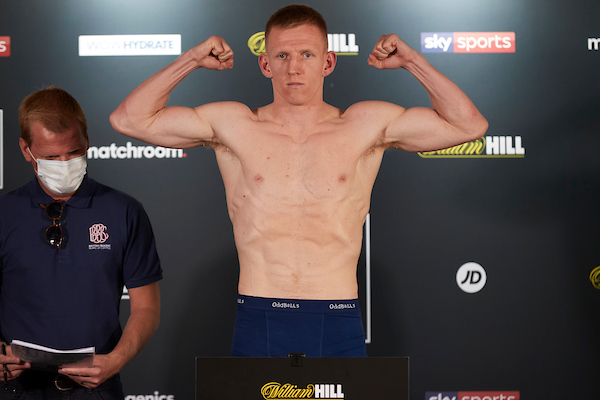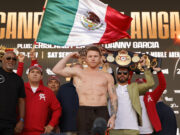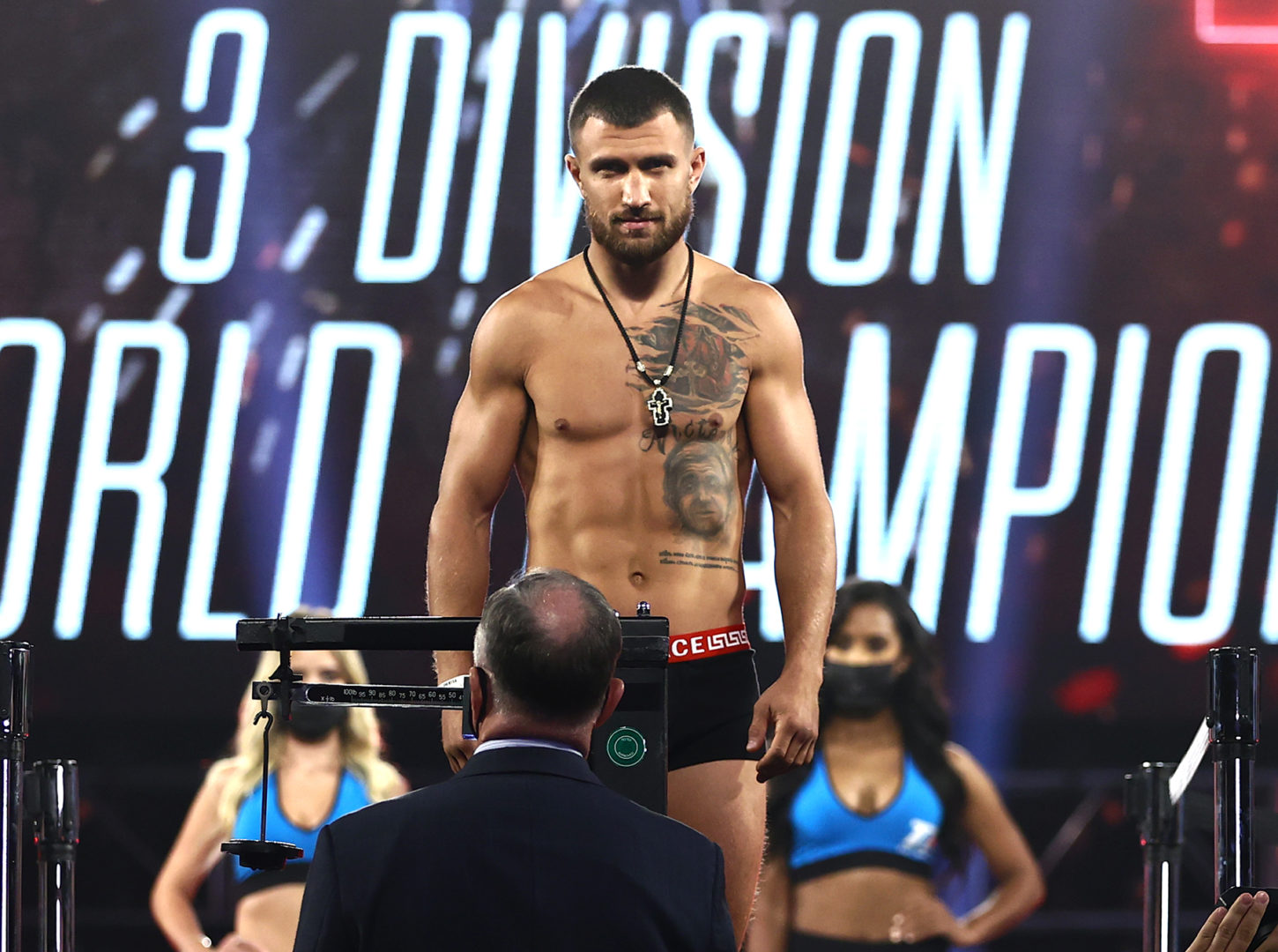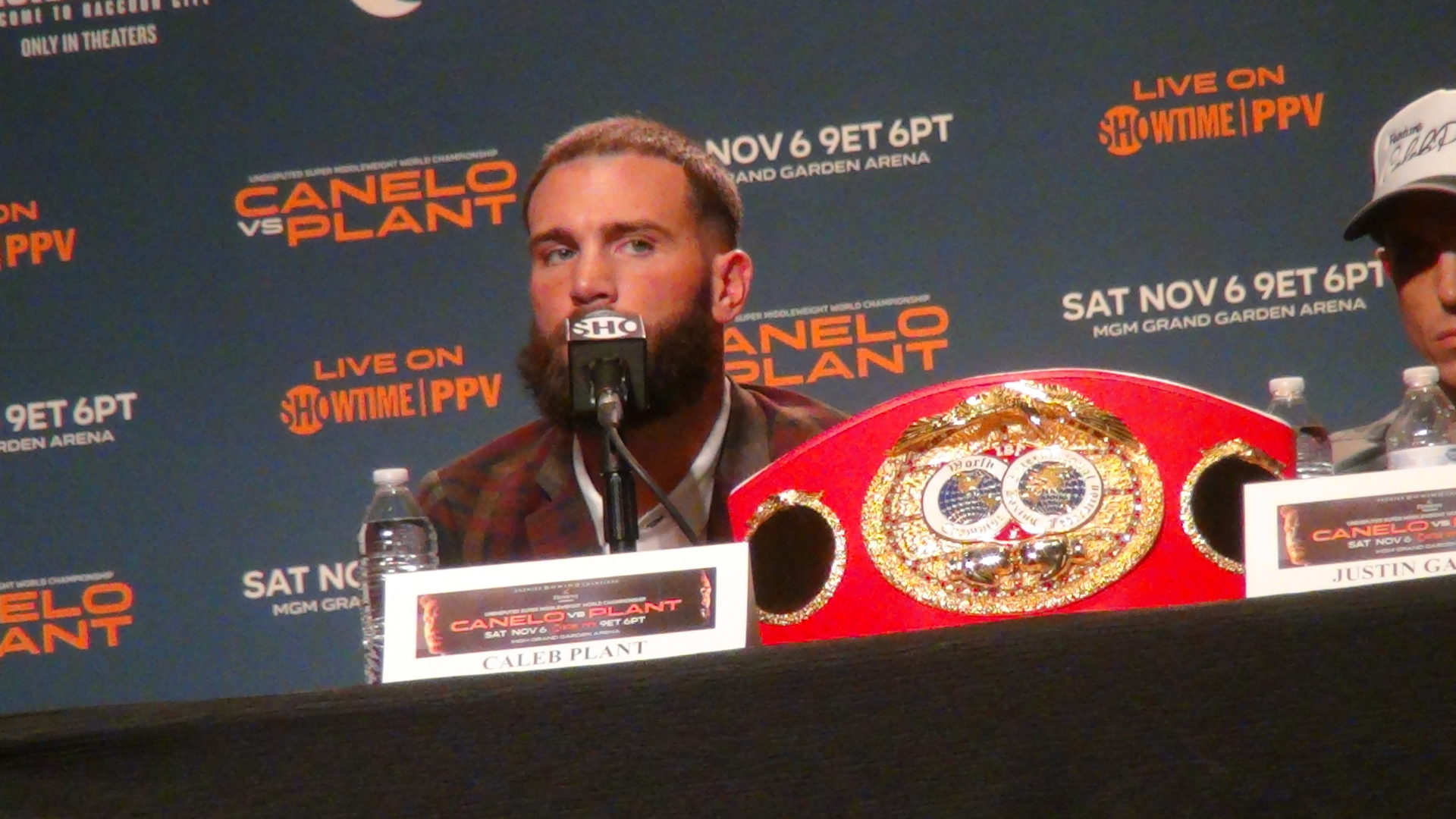
By Bart Barry-
Saturday on DAZN in the main event of a card from England’s Fight Camp, and therefore blessedly broadcast early afternoon here in the United States, London’s Ted “The Big Cheese” Cheeseman decisioned Worcestershire’s Sam “The Savage” Eggington to win a 154-pound title of some sort and set himself up for a future leap from British competition to European. The fight was entertaining.
Twas Big Cheese night at the Camp in what was a fun, competitive, and fun-for-being-competitive spectacle of evenly matched pugilists who won’t be world-class at super welter but make for decent pageantry in this absurd time.
A confession: I watched Saturday’s match – no, heavens no, not the whole card – with an eye to comedy. I saw it a prospect for satire, anonymous Brits doing mediocre things under a light rain of hyperbolic modifiers in the Queen’s accent. There was some of that – Brits, to their credit, try even less to hide commercial entanglements betwixt promoters and broadcasters, making few feints at objectivity – but otherwise the mainevent was a watchable thing that reminded us how very very far we remain from normal, round the world.
This was the U.S. debut of Fight Camp, a Playboy-mansion-looking venue in a place called Brentwood, 30 miles northeast of London, where fighters ply their wares outdoors in a covered ring on the spot Hef’s pool should be. There’s pipedin rustling sounds from a crowded restaurant or modest tavern, mainly a thing for broadcasters to talk over, a stab at texture, a nod toward pizazz long since gone from American sporting events – the opiate of our masses for a blessed few decades before actual opioids won the role.
British prizefighting has long lingered in American minds like a minorleagues affair from which a few super talented lads, Carl Froch and Ricky Hatton spring to mind here though in a better world Callum Smith might too, manage to escape to the majors, wherein they inevitably get outclassed by America’s superior athletes. Nothing happened Saturday to rewire that. There was an unplanned moment when the broadcast acknowledged as much. It was the geometrical middle of the 12-rounder, and one of the two commentators began a swan dive off the three-meter board without first noticing his pool was dry:
“Both (men) want this so much! This could lead to big things! A high ranking in the IBF could lead to . . .
“You know . . .
“Some sort of . . .
“Opportunity with that prominent body.”
That was beside the point, much less this critique of that, as Eggington and Cheeseman were in their own conflict bubble; whatever inconsequence their struggle represented for bored Yanks watching a DAZN broadcast hours and hours too long, these two men were taxing their talents fully. Big Cheese had more class and little pop though seemingly more pop than Eggington, who once had pop enough to fasten a final KO-by on Paulie Malignaggi. Eggington is a scrapper who’s not scrapped outside Europe and likely’d not stay conscious the full 36 minutes if he did. He looks the part and wants the contact but makes one questionable and obviously questionable decision every round and never quite brings what menace his bodyart and moniker intend to convey (aficionados know fragility has no more legible billboard than post-loss tats on a prizefighter’s body, even if society at large still doesn’t).
Since promoters no longer have tickets to sell they have fewer occasions for what bold lies pepper their rote exaggerations, and that does make things more tolerable, somehow. Realtime exaggerations by the commentary crew feel somewhat less filthy when they’re spontaneous and not restatements of whatever the promoter said at the weighin. But a little viewer resentment lingers, apparently, for this subscriber: I already paid for my subscription, you have nothing to vend, so if you’re going to talk because you are contractually obligated to talk, at least stop selling me what I’m seeing.
Alas, commentators are not selling fights to subscribers, are they? No, they’re selling themselves to promoters.
Another reason a subscriber should have the opportunity to opt-out a commentary track. Since the commentators are singing for their supper, and since as a subscriber I’m not even in the house much less at that dinner table, why should I have to listen to it? And no, I shouldn’t have to mute my television, either. I enjoy the sound of a fight; audible punch volume is the greatest factor in determining scorecard discrepancies between those who are ringside and those who are trying to hear punches between babbling voices. An ability to hear punches is the exact reason ringside reporters scoring fights do not care about television viewers’ dissenting cards: While I was having my eyes confirmed by my ears, you were having your eyes distracted by some meandering narrative written a month ago.
We are reimagining everything right now, or should be, and so it’s a time to make wishlists – asking questions about the inane start times for boxing broadcasts, their inexplicable lengths, the American practice of making mismatches to build local ticketsellers when there’s no more local and no more tickets, and yes, once more, a commentary-free option.
The cynic in every boxing fan assumes nothing will change for the better, and that is wisdom hardwon, admittedly, but if not now, when? Never in the tortured history of loving our sport has there been a better chance for reform of the obvious things none of us likes. OK, as you were.
Bart Barry can be reached via Twitter @bartbarry






















